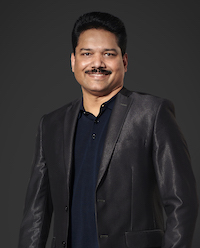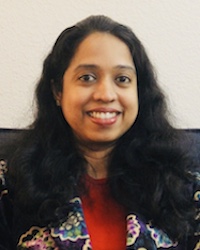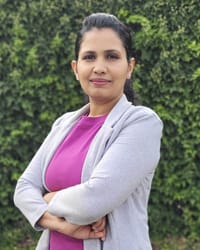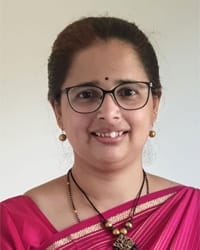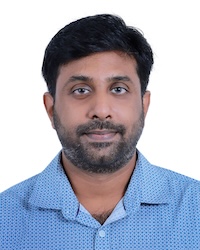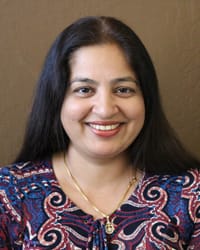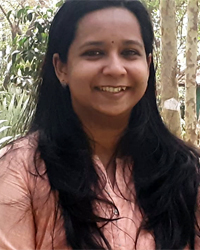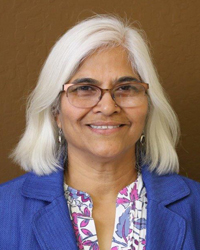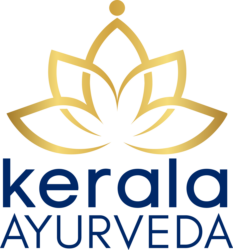Clinical Case Discussions
Courses > Clinical Case Discussions
Explore real cases with an expert
1.5 hours - Live streamed and recorded
Guided by an Ayurvedic Doctor (BAMS), our Clinical Case Discussions explore real cases to assist Ayurvedic clinical professionals in training.
- Enhance your Ayurvedic practice and clinical skills
- Discuss and create protocol for the challenging cases you have in your practice
- Practice presenting your case & receive mentored guidance on your active cases
- Learn from your peers as they present their cases and provide feedback to them
- Earn PACE credits as a NAMA member
Join an upcoming session
Course Information
- Schedule: Offered monthly
- Day & Time: Tuesday evenings 5:00-6:30pm Pacific
- Format: Live streamed
- Estimated Time: 1.5 hours
- Hours: 1.5
Earn Continuing Education Credits: Students are encouraged to submit their program to the National Ayurvedic Medical Association for PACE credits upon completion.
Who should take this course?
Prerequisite
This course is appropriate for Ayurvedic students or graduates of a professional level I (AHC), II (AP) or III (ACS, formerly AD) program.
Student stories
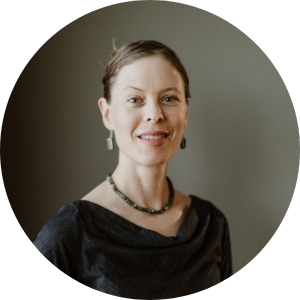
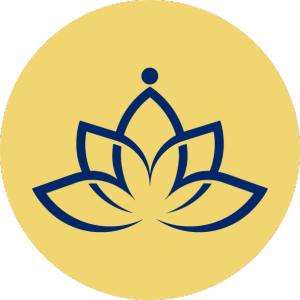
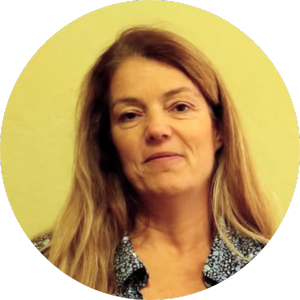
How can I apply knowledge from Clinical Case Discussions?
- Ayurvedic students and professionals on a clinical track can learn Ayurvedic methodologies for case management across a variety of disorders and imbalances.
- Enhance your Ayurvedic practice via direct information and interactive discussion with fellow practitioners.
- Develop new skills and learn tips for client assessment, interactions, and disease management protocols.
- Case submissions are welcome from Ayurvedic Counselors, Practitioners and Doctors/Clinical Specialists. Contact support@keralaayurveda.us for guidance on how to submit your case.
The ability to be a successful practitioner is not just about technically transferring the knowledge. It is the conversation between two spirits. That is what makes you a uniquely successful counselor. The real success is the ability to make a positive shift in someone. That can only start with a heart to heart connection.
Vaidya. Jayarajan Kodikannath
Schedule
Classes are live streamed Tuesdays from 5:00-6:30pm Pacific
Upcoming sessions & topics
Aug 20, 2024: Low Blood Pressure
Sep 17, 2024: Facial Palsy (Ardita)
Oct 22, 2024: Diarrhea (Atisara)
Nov 19, 2024: Leucorrhea (Shweta Pradara)
Dec 17, 2024: GERD
Jan 21, 2025: Eczema
Feb 18, 2025: Alzheimer’s Disease
Mar 18, 2025: Flu
Apr 22, 2025: Headaches
May 20, 2025: Constipation
June 17, 2025: Urinary Incontinence
July 22, 2025: Benign Prostatic Hypertrophy
Aug 19, 2025: Plantar Fasciitis
Sept 16, 2025: Alopecia
Oct 28, 2025: Sleep Apnea
Nov 18, 2025: Colitis
Dec 16, 2025: Dysmenorrhea
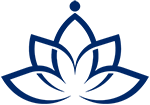
Format
How can I attend class?
LIVE ONLINE LEARNING
Your course is conducted 100% live and online via Zoom. You’ll be able to interact with your faculty and ask questions as you explore the case studies.
CLASS PLAYBACKS
All classes are recorded, so if you miss a session or wish to review previous material, you can view the playbacks at your convenience in our elearning portal.
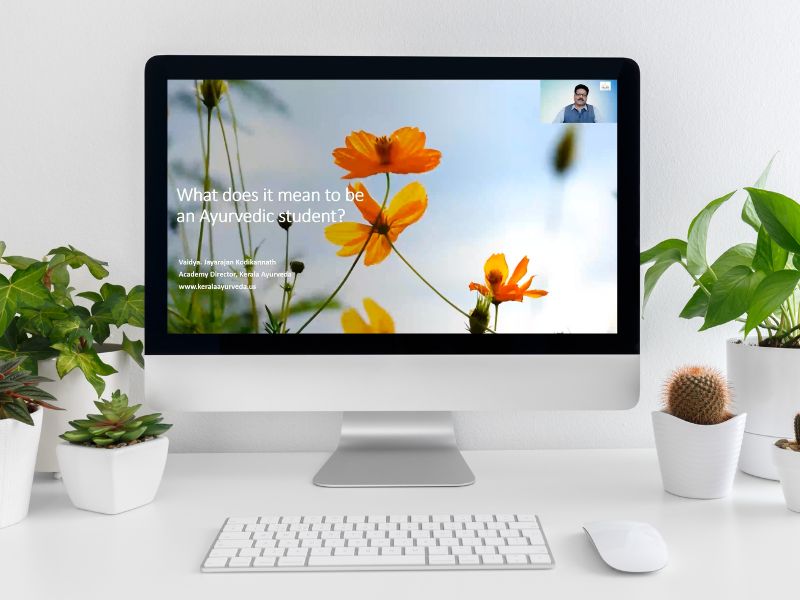

Live streaming technology
We introduced live streaming technology to our Ayurvedic education in 2015. Our classes are currently conducted using Zoom and provide students an opportunity to study live and interact with faculty. Zoom can be accessed on mobile, tablets, laptops and desktop devices. Class moderators support our larger class sessions to provide a smooth technical experience. All live streamed classes are recorded for later viewing in our elearning system.



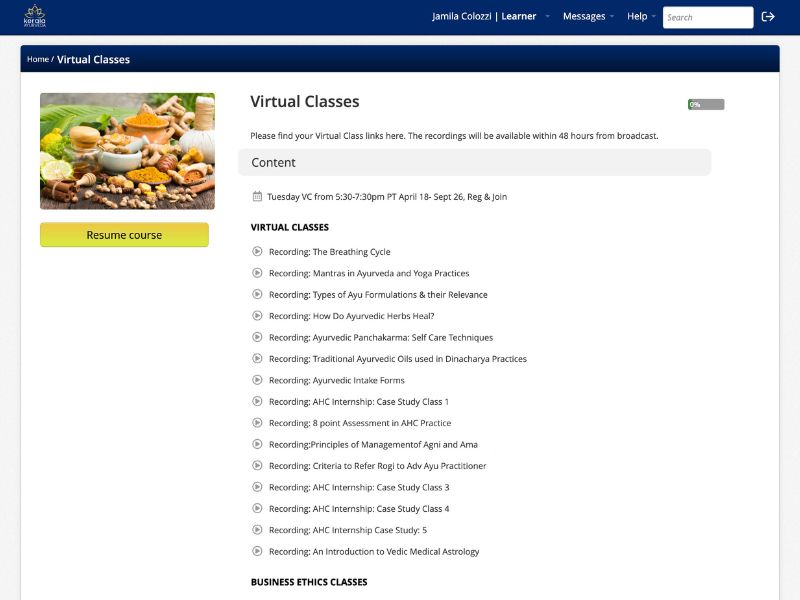

Elearning
Our courses are powered by a robust elearning system that connects our global community of students and faculty. The elearning portal is where students may access all of their course information, materials and curriculum, including: course syllabus, schedule, course manual PDFs, class slide decks, class notes and links to live streaming class sessions. The elearning portal is also where tests and assignments are conducted, and where students may submit questions.
Curriculum
Theoretical knowledge is the first foundation for Ayurvedic study, though the experience of practicing with real cases is equally important to a practitioner’s growth. Internship and practicums provide a valuable mentored training ground for this purpose, but every practitioner will still reach a point at which it is time to begin practicing solo. Challenging cases are opportunities for learning and growth, and working through the case is essential for improving your competency, capabilities, and confidence.
Our Clinical Case Discussion webinars are the perfect forum for receiving the expert guidance you need to work through those challenging cases, as well as learning from the experience of your peers.
Faculty
